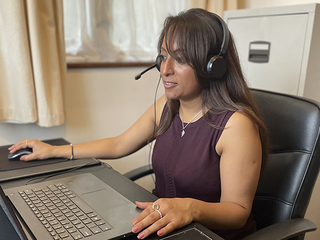Acute promyelocytic leukaemia (APL) treatment
Acute promyelocytic leukaemia (APL) relapse
Most people (between 90% and 95%) go into complete molecular remission by the end of their first treatments. This means that when you have a PCR test no leukaemia cells will be picked up.
If you don’t go into remission, this is known as refractory APL.
If you do go into remission, but the cancer comes back, this is known as a relapse. This is especially rare if you were treated with ATRA and arsenic trioxide.
This can be a worrying time, but if you have refractory APL or you relapse after being in remission, there are more treatment options available.
The treatment you have next will depend on what treatments you have had first.
- If you had ATRA with chemotherapy as your first treatment, you may have ATRA with arsenic trioxide as a second-line treatment.
- If you had had ATRA with arsenic trioxide your first treatment, you may have ATRA with chemotherapy as a second-line treatment.
If the leukaemia affects other parts of your body (extramedullary relapse)
In a small number of people who relapse (between 3% and 5%), the leukaemia can affect other parts of the body, like your brain and spinal cord (central nervous system). This is called ‘extramedullary relapse’.
If you have an extramedullary relapse, your doctor may recommend the standard relapse treatment (explained above) alongside ‘intrathecal therapy’ (ITT). ITT involves injecting chemotherapy drugs and steroids into the fluid in your spine (cerebrospinal fluid or CSF).
Stem cell transplants
After having these treatments for relapsed or refractory APL, your healthcare team may talk to you about a stem cell transplant (sometimes called a bone marrow transplant). This treatment aims to give you healthy new stem cells, which then produce normal blood cells.
There are two types of stem cell transplant:
- autologous transplant (or autograft): uses your own stem cells
- allogeneic transplant: uses stem cells from a donor.

Worried about anything or have questions?
If you need someone to talk to, please don't hesitate to contact our Support Service by phone or email.
